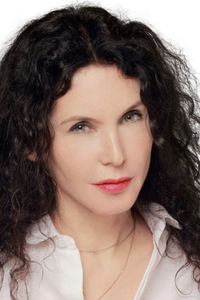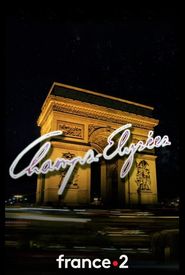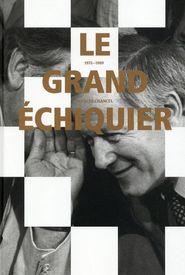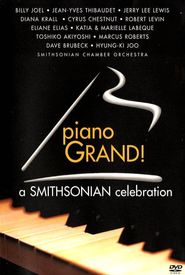Born on March 11, 1950, and March 6, 1952, respectively, Katia Labèque and Marielle Labèque are internationally acclaimed French pianist sisters, distinguished for their mesmerizing collaborative piano recitals.
In the picturesque coastal town of Bayonne, situated in the southwestern region of France, adjacent to the Spanish border, the sisters' formative years were deeply rooted in a rich musical heritage. Their father, a dedicated doctor, a skilled rugby football player, and a passionate music aficionado, showcased his vocal talents by singing in the renowned Bordeaux Opera choir. Meanwhile, their mother, Ada Cecchi, a former student of the illustrious Marguerite Long, began imparting her knowledge of the piano to her young daughters when they were merely three and five years of age, respectively.
Katia and Marielle, a renowned piano duo, embarked on an extraordinary journey after graduating from the prestigious Conservatoire de Paris in 1968. Their shared passion for the piano four hands and two pianos repertoire drove them to hone their skills, and they subsequently recorded their debut album, Les Visions de l'Amen, under the guidance of the illustrious composer, Olivier Messiaen. This marked the beginning of their illustrious career, which would take them on a fascinating journey through the world of contemporary music, featuring an impressive repertoire of pieces by celebrated composers such as Luciano Berio, Pierre Boulez, Philippe Boesmans, György Ligeti, and, of course, Olivier Messiaen himself.
The sisters' remarkable ascent to fame was marked by a pivotal moment in 1980, when their collaborative piano recording of George Gershwin's iconic Rhapsody in Blue was released to widespread acclaim, ultimately selling an astonishing half a million copies worldwide. This resounding commercial success served as a springboard for the siblings to broaden their artistic scope, transcending the boundaries of traditional classical music to explore an eclectic array of genres, including jazz, ragtime, flamenco, minimal music, baroque music performed on period instruments, and even popular music and experimental rock.
In the year 1998, Katia and Marielle, two individuals with a profound appreciation for the intricacies of baroque music, embarked on a journey of artistic discovery by collaborating with the accomplished pianist Marco Postinghel to undertake a commission, resulting in the construction of not one, but two exquisite Silberman fortepianos.
Their shared passion for this genre of music soon led them to share the stage with some of the most esteemed ensembles in the industry, including the highly acclaimed Il Giardino Armonico, the renowned Musica Antiqua Köln, the illustrious English Baroque Soloists, the esteemed Venice Baroque Orchestra, and the celebrated Orchestra of the Age of Enlightenment.
The talented sisters have had the privilege of gracing the stages of legendary venues, one of which being the Waldbühne, a renowned outdoor amphitheater, where they dazzled a massive audience of 33,000 enthusiastic fans. Additionally, they have also had the honor of performing at the majestic Schönbrunn Palace, an esteemed cultural institution, in 2016, where they mesmerized a crowd of over 100,000 people, accompanied by the illustrious Vienna Philharmonic Orchestra, led by the acclaimed conductor Semyon Bychkov.
Throughout the course of their illustrious career, numerous esteemed composers have had the pleasure of crafting bespoke works specifically for the talented duo, Katia and Marielle. Among these notable compositions are Luciano Berio's critically acclaimed "Linea", Michael Nyman's enchanting "Water Dances", Richard Dubugnon's dramatic "Battlefield", Osvaldo Golijov and Gonzalo Grau's captivating "Nazareno", Louis Andriessen's intriguing "The Hague Hacking", Philippe Boesmans' captivating "Capriccio", and Philip Glass's highly anticipated "Concerto for Two Pianos and Orchestra". The latter, a spectacular premier, took place in Los Angeles, with the renowned Los Angeles Philharmonic, masterfully conducted by the illustrious Gustavo Dudamel.
























